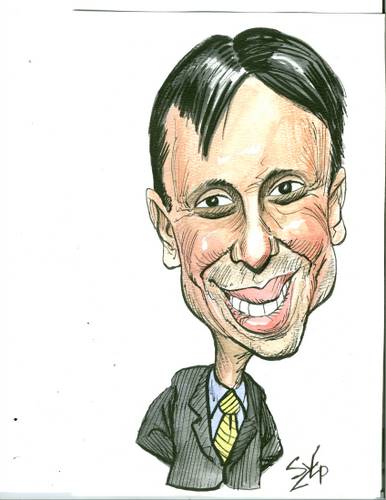The murder of human rights activist Sabeen Mahmud is one of many unpunished attacks on freedom campaigners in Pakistan,-Barbara Matera.
Sabeen Mahmud, a prominent member of Pakistan's civil society and a champion for missing persons' rights in the restive Pakistani province of Balochistan, was killed on 24 April shortly after she organised a seminar titled 'Unsilencing Balochistan' at the second floor (T2F) forum she had founded in Karachi.
An earlier discussion due to take place at the Lahore university of management sciences (LUMS) enforced disappearances in Balochistan was cancelled at the request of Pakistani intelligence services (ISI).
This was likely due to the fact that one of the guest speakers scheduled to make an appearance at the seminar was Baloch nationalist leader and human rights activist Mama Abdul Qadir.
These pressure tactics were condemned by Pakistani civil society. Beena Sarwar, a filmmaker, journalist and artist who campaigns for human rights and peace, tweeted, "those trying to silence Mama Qadir dialogue in Balochistan are quick to slam India for doing that in Kashmir."
Former Pakistani ambassador to the US and foreign affairs analyst Hussain Haqqani tweeted, "Pakistan must take lesson from its east Pakistan fiasco and listen to dissidents [rather] than to brand them separatists and kill them in Balochistan".
Nevertheless, when the LUMS talk on Balochistan was cancelled, Sabeen Mahmud took it upon herself to organise it in Karachi instead. A number of civil society members, students and human rights activists attended the event, including Mama Abdul Qadir. Just a few hours later, as she was on her way home, Sabeen Mahmud was killed by unidentified assailants.
This is yet another chilling reminder of earlier killings of eminent Pakistani investigative journalists such as Shehzad Saleem (30 May 2011) and serious attempts on the lives of prominent TV personalities and talk show hosts such as Raza Rumi (28 March 2014) and Hamid Mir (19 April 2014).
These attacks were carried out in an attempt to silence the independent voices that have been openly demanding the respect of Pakistani citizens' fundamental freedoms, including freedom of speech, freedom of religion, gender equality and most importantly, the right to protection from arbitrary killings and enforced disappearances allegedly orchestrated by military agencies.
In a recently published article, Hamid Mir vividly recounted how he was attacked one year ago, while raising some uncomfortable questions for ISI. Though at the time he had been provided state security, he was nevertheless attacked in broad daylight in Karachi. It was a miracle that he managed to escape, thanks to the sheer presence of mind of his driver and Baloch guard.
The Pakistani government has set up a committee of judges to carry out a speedy inquiry, but a year on, neither the committee nor the government have delivered any results and Mir works under constant threat, as the state cannot guarantee his life or safety.
Unfortunately, Sabeen Mahmud was not as lucky. The Karachi-born civil society activist, who would have turned 40 this June, was a talented media activist who set up T2F in 2007. Previously, she had supported suppressed and persecuted minorities in Pakistan, including Shias and Ahmadi.
In 2013, she helped form a human chain around a church in solidarity with Pakistan's Christian community following an attack on a church in Peshawar.
While the ISI condemned the attack and offered assistance in capturing the perpetrators, the Tehrik-i-Taliban Pakistan denied any responsibility.
Pakistani civil society believes those behind the attacks and killings of human rights activists will once again be left unpunished, spreading fear among those who dare to speak out against terror.
The EU cannot stay silent in the face of such brutal violence. To those who act beyond the fear, we must give the assurance that their sacrifices will pay off and result in a free, democratic society in Pakistan - one that respects the rights of all its citizens equally.
Hopefully, activists' efforts will create a society that brings perpetrators of any acts of violence to justice and pave the way for development and security in the region.














